After trying her hand as a chef and creative consultant, Marina Fabic discovered her true passion in marrying her refined palate and senses with a never-ending wanderlust to create a series of perfumes. Chris Styles writes.
When you think about the senses that inform your world, would smell come up at the top of the list? Probably not, despite the fact that everyone’s sense of smell is unique.
Unlike other senses, olfactory nerves are hardwired directly into the primitive part of our brains. Smells can trigger the amygdala and hippocampus regions, areas of the brain that processes memory and emotion. This is why the smell of freshly cut grass or rain after a hot afternoon can transport you back to summers long gone. This is the very feeling that Marina Fabic hopes to capture in her scent creations.
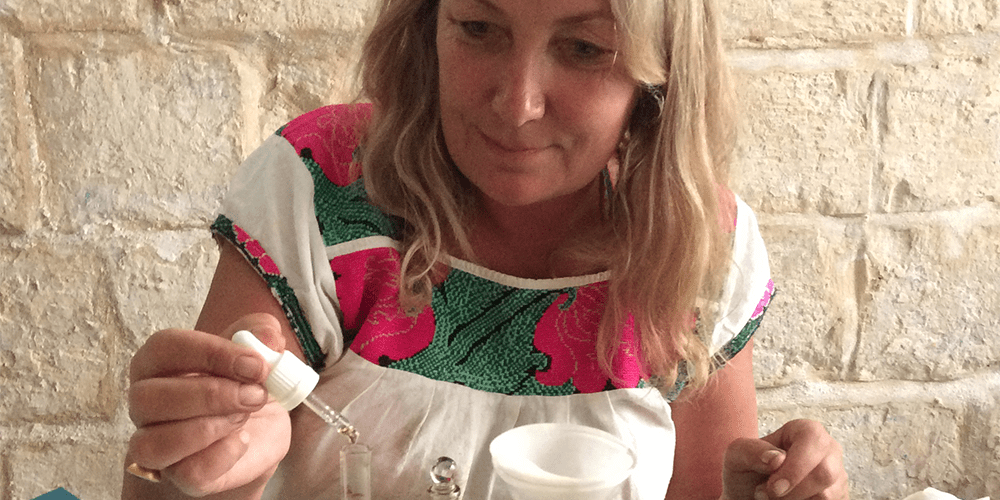
Before setting off on her own, Fabic had worked as a creative consultant and chef at the high-end wedding venue Villa Bologna. Inspired by its beautiful surroundings and freshly grown produce in its vegetable and fruit gardens, she was able to create dishes which stimulated all of the senses. ‘I always endeavour to balance flavours to create a bigger picture formed from different layers,’ she says. Fabic’s natural flair guided her to many innovative culinary ideas for the Villa, but with that strong creative identity came a powerful drive to fashion something for herself.
An opportunity presented itself when a perfumer visited Fabic at Villa Bologna to discuss a collaboration to create a scent inspired by the sensations of Malta. But when they got down to brass tacks, the partnership proved too costly. Nevertheless, the idea lingered on in Fabic’s mind. Never one to shy away from a challenge, she started learning how to capture scents on her own.
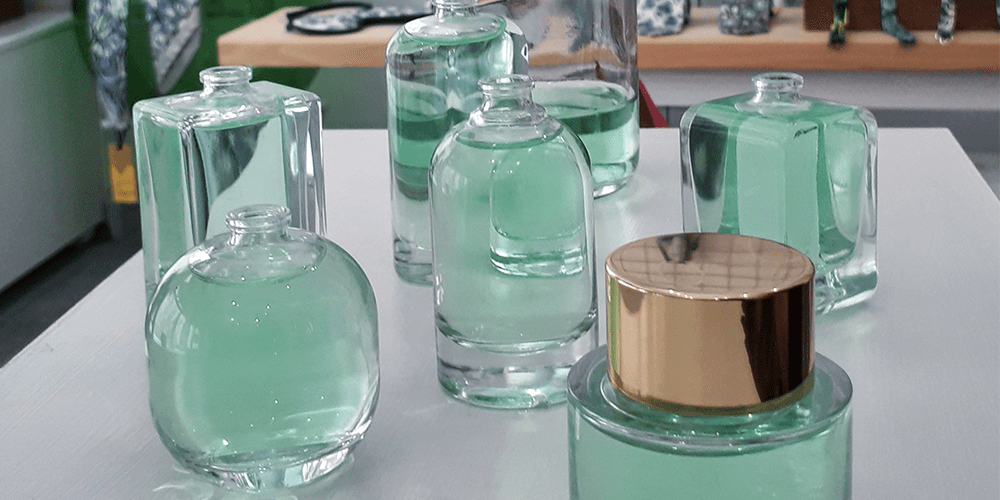
With her culinary background, it was Fabic’s understanding that using fresh, raw ingredients would result in the finest products. Throughout her research, it seemed that the majority of her competitors opted for artificial scents, cheap substitutions. Fabic found her niche and set off to find authentic smells from their natural habitats.
This gave a new purpose to her love for travel. Armed with a trusty notebook, Fabic jotted down any pleasant odours she encountered, working hard to identify and isolate their fragrance. Throughout all of this, she had to develop her street smarts, to learn how to haggle, trade, and to spot a fake, she recounts: ‘I had to become more cynical, but I was determined to find the source.’
Listening to her, the journey sounds easy and straightforward, but this was not always the case. Sometimes she succeeded in finding the scent she was looking for, only to discover that it was very expensive — the essence of orange blossom, for example, demands a whopping €4,400 per kilo.
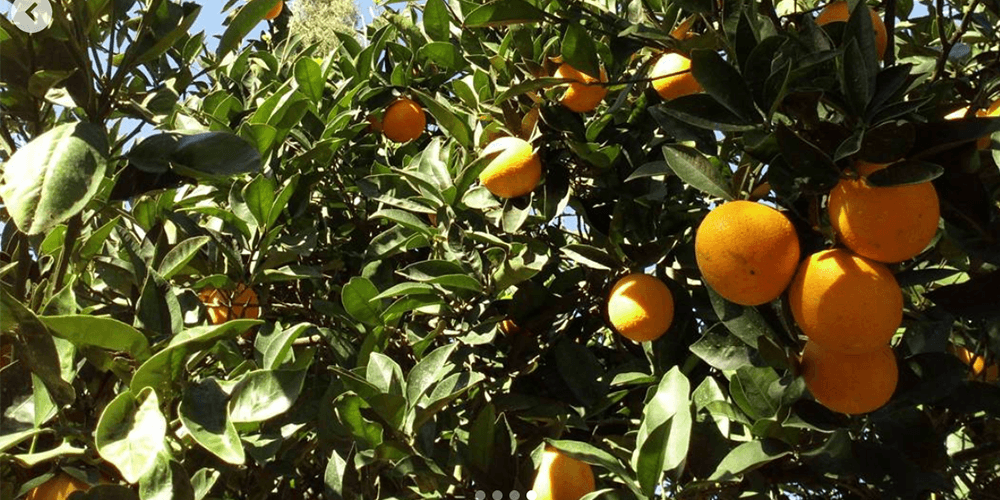
Eventually, her travels led Fabic back to one of her favourite places — Egypt. While touring the Nile, she managed to escape the crowds, with her guide providing a private tour which brought her to a temple dedicated to Isis, the Egyptian goddess of love and beauty. Fabic walked through the inner sanctums of this sacred place and entered a chamber. She was struck by a wall of hieroglyphs. Millennia ago, someone stood in the same spot and transcribed recipes for sacred perfumes, written in literal stone. Fabic describes how ideas were ‘bubbling in the back of her mind’, and of course, she named her company after that temple — Phileae.
Phileae has come a long way from that scene on the Nile. Collecting the fragrances was only the first step — Fabic also had to learn how to distil them, extracting the essential oils and resins through solvent extraction, to obtain a concentrated liquid essence. Occasionally, she had to scrap concepts she was not happy with, but she is convinced the hardships paid off. ‘There is no way I could go back to the mass produced perfumes,’ Fabic asserts. Her aim now is to broaden the expectations of what a perfume means to an individual and show people how the right fragrance can take them on a journey, providing a whole new sensory experience.
Despite the brand’s Egyptian origins and global sources of inspiration, Fabic does not think that Phileae would have been able to leap forward anywhere else but Malta. ‘It would have been much harder to start this in the UK or Sweden. There is much more back-up in a small country, such as the TAKEOFF business incubator,’ she says. Here she could consult with business experts to reduce her risks.
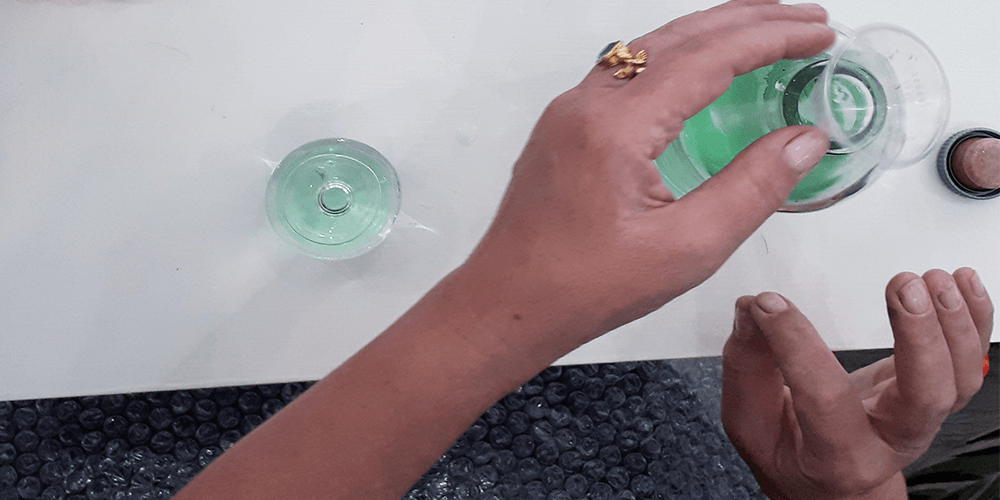
Currently, Fabic works from a home-laboratory. It’s a pretty basic set-up, with a collection of glassware and some rudimentary chemistry equipment, all housed within a temperature-controlled environment. At present though, she feels her business has outgrown the space, so her next step is to scale up production and move somewhere bigger, having become one of the five recipients of the TAKEOFF Seed Fund Award.
The creative process she has undertaken at TAKEOFF has led Fabic to craft a bespoke service, where customers are able to create a unique signature scent. Sitting down with her clients, Fabic discusses which fragrances the client likes and specific memories which evoke good feelings. With this information, she can cook up a perfume which pairs these experiences and the right scent to create bottled nostalgia. ‘You think of a place like a library, with dusty books and leather chairs, and see what you can build from that,’ she illustrates.
It may be a hard sell to convince the majority of the population to splurge on a luxury item which might only be used on the odd occasion, Fabic admits: ‘It is so subtle, you can even argue that it doesn’t exist.’ Would such a product only be accessible to those with already expensive tastes? But as we say our goodbyes, colleagues at THINK are still sniffing their wrists, where samples of her alchemy-inspired perfume landed before the interview. The market of unique sensory experiences that Fabic is aiming to tap into is fragmented, but it is certainly there.

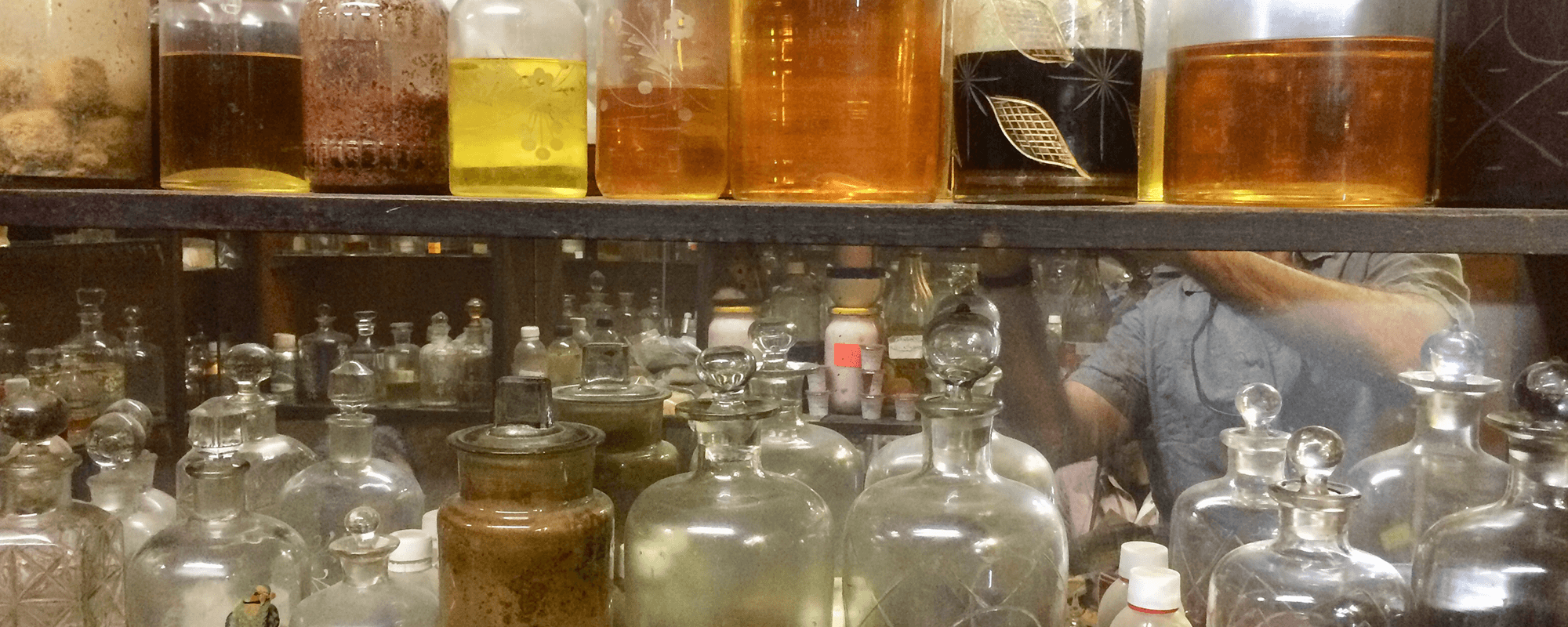



Comments are closed for this article!